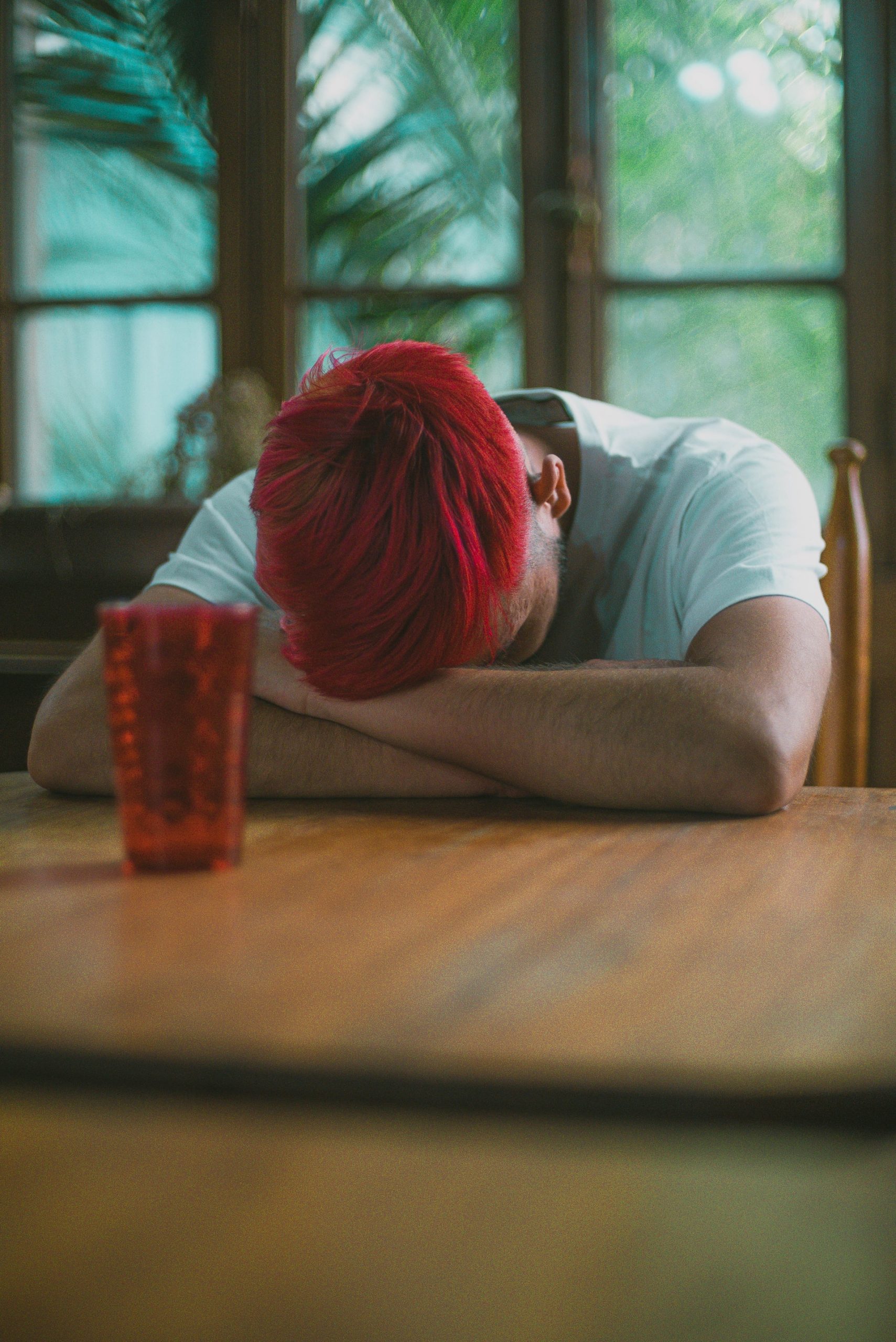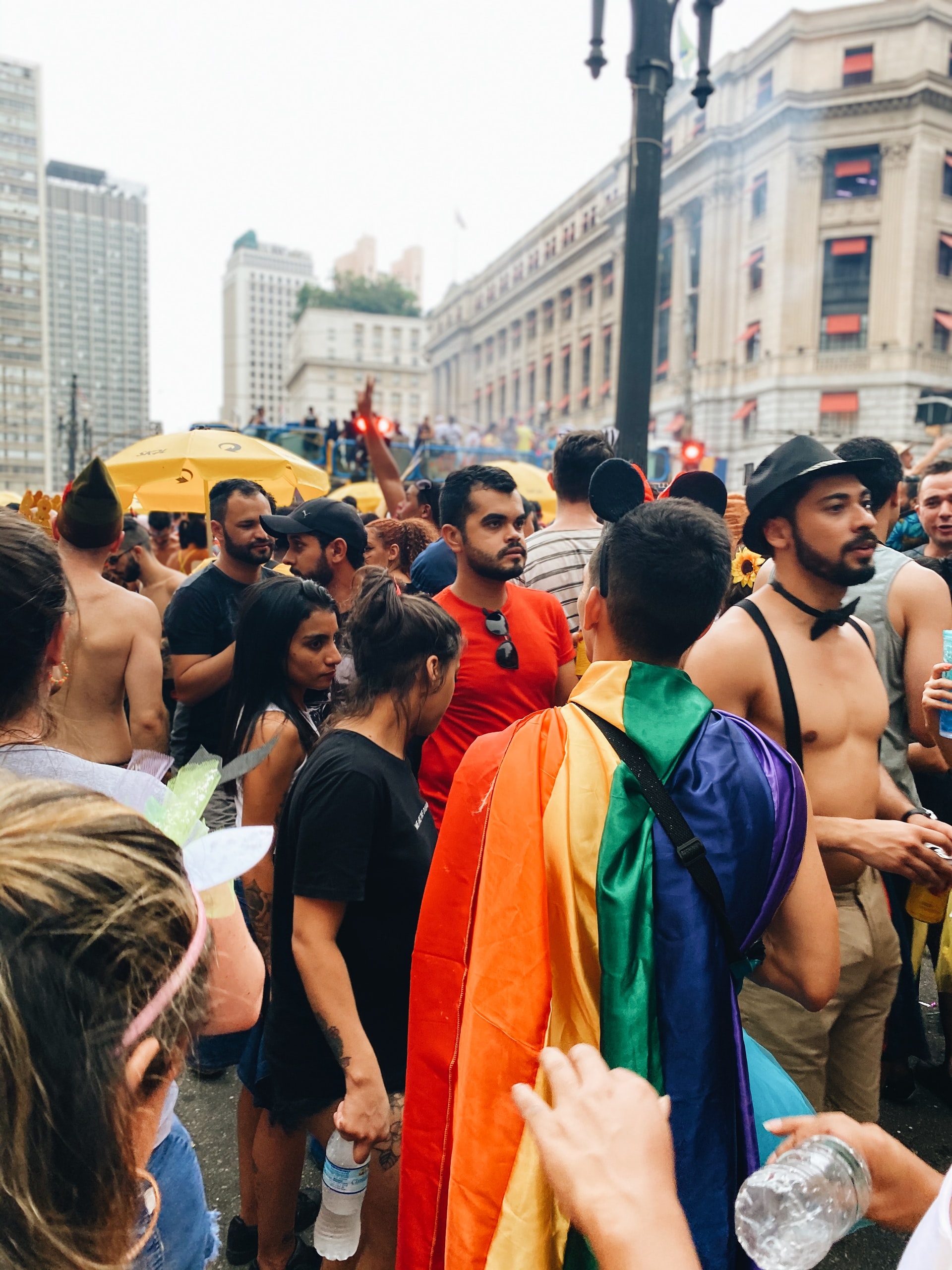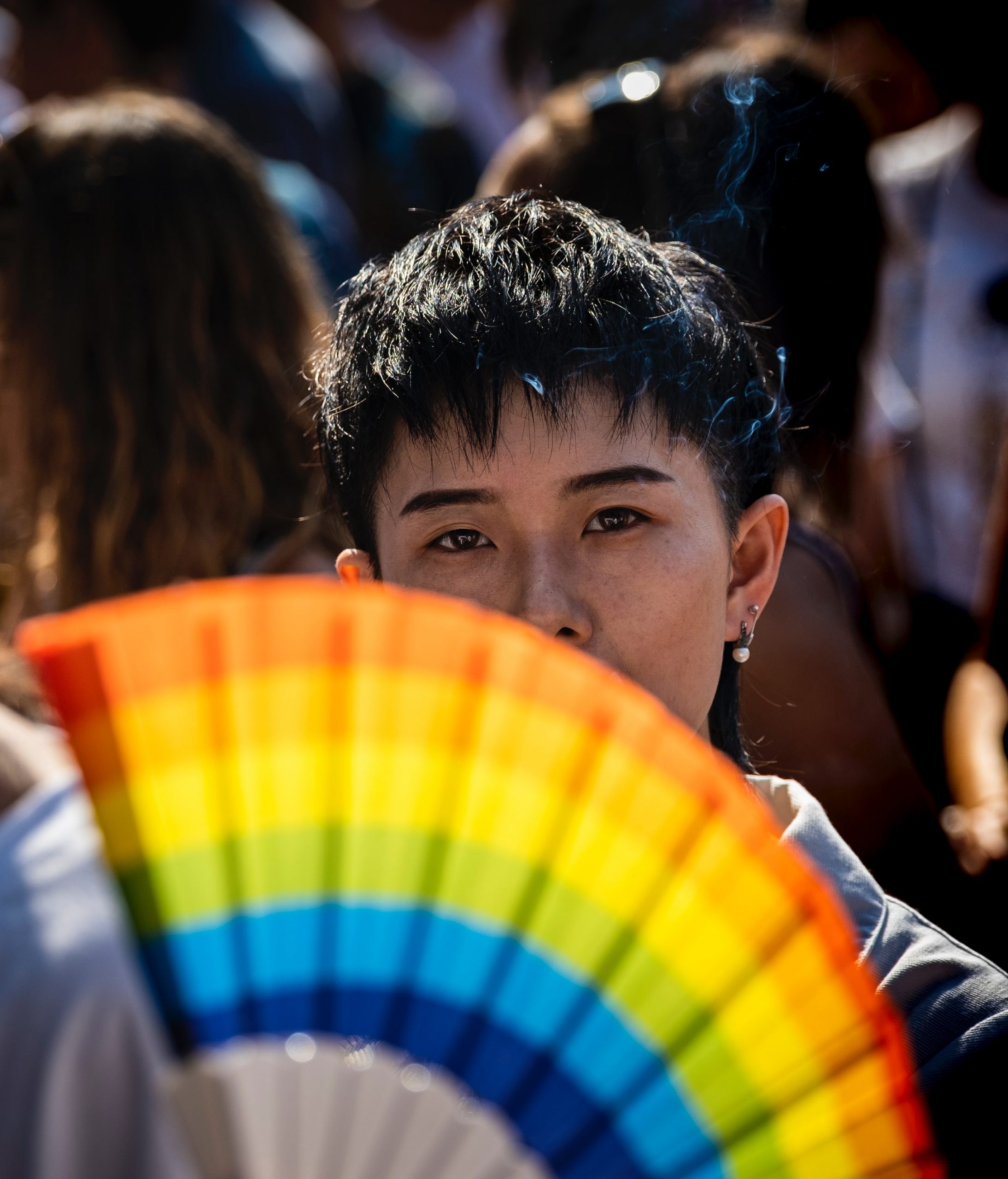For most of the last two centuries, it was illegal to be gay in much of the world, and that was because of the colonial-era British. Even today, colonial-era laws prohibiting homosexuality still exist in former British territories, including parts of Africa and Oceania.
But it is in Asia that they have had a considerable impact. This is the region where, before India legalized same-sex relationships in 2018, at least one billion people lived with anti-LGBTQ (Lesbian, Gay, Bisexual, Transgender, Queer) legislation. We can trace this back to a particular law first conceptualized in India and one man’s mission to “modernize” the colony.
The exotic and mystical East

Currently, it is illegal to be homosexual in about 69 countries, nearly two-thirds of which have been under some form of British control at one time. This is no coincidence, according to Enze Han and Joseph O’Mahoney, who wrote the book British Colonialism and the Criminalization of Homosexuality. Dr. Han tells the BBC that British leaders introduced such laws because of their “puritanical Victorian and Christian view of sex.”
They wanted to protect innocent British soldiers from the “exotic and mystical East” – this very Orientalized view of Asia and the Middle East was overly erotic. “They thought that if there were no regulations, soldiers would be easily led astray.”
While several penal codes were used in British colonies around the world, in Asia, one particular set of laws was used prominently- the Indian Penal Code (IPC) written by British historian Lord Thomas Babington Macaulay, which went into effect in 1862. It contained Article 377, which stated that “whoever voluntarily has carnal intercourse against the order of nature with any man, woman or animal” is liable to imprisonment or fine.
Lord Macaulay, who was inspired by the British Buggery Act of the 16th century, believed that CPI was a “blessing” for India because it would “modernize” its society, according to Dr. Han and Dr. O’Mahoney’s book. The British then used the CPI as the basis for criminal law codes in many other territories they controlled.
To this day, Act 377 continues to exist in various forms in several former Asian colonies such as Pakistan, Singapore, Bangladesh, Malaysia, Brunei, Myanmar, and Sri Lanka. Penalties range from two to twenty years in prison. In Muslim-majority countries that apply sharia law, LGBT people can also be sentenced to harsher penalties, such as flogging.
A lasting legacy

Activists say these laws have left a damaging legacy for these countries, some of which have long-held lenient attitudes toward LGBTQ people. Transgender, intersex identity, and third gender, for example, have traditionally been part of South Asian culture along with hijra or eunuch communities. In India, where for centuries, LGBTQ relationships have been presented in Hindu literature, myths, and temple art, current attitudes are largely conservative.
“It’s in our traditions. But now we are so self-conscious about [LGBTQ relationships]. Clearly, the change has happened because of certain influences,” notes Anjali Gopalan, executive director of Naz Foundation India, a nongovernmental organization that provides counseling services to the LGBTQ community.
One of the arguments frequently made by governments to justify maintaining the law is that it continues to reflect the conservative stance of their societies. Some, like India, have even quipped that it protects against “Western influence.” But activists point out that it perpetuates discrimination and goes against the constitutions of some countries that promise equal rights to all citizens.
“If you are a walking criminal, you live with a burden every day. This has a “dehumanizing effect” on LGBTQ people, and can seriously impact their access to education and career opportunities while increasing their risk of poverty and physical violence, says Jessica Stern, executive director of LGBTQ rights group OutRight International. Whether you internalize it or not, it affects you and everyone who loves you,” she tells the BBC.
A long way to go

There has been progress- especially, of course, with the Indian Supreme Court’s decision in 2018 to repeal 377 after years of legal challenges mounted by determined activists. It was a historic decision and a major step forward for LGBT rights in India. But three years later, there is still a very long way to go to change cultural attitudes, activists say.
“The most common thing we still see in counseling is families wanting their gay sons to get married (to a woman). In India, everything is about family, and marriage is a very important part of our lives. So the first issue is acceptance by the family and then, by extension, by society.
Activists say more protection is needed, such as anti-discrimination laws. Earlier this month, a Chennai court ordered authorities to develop reform plans to respect LGBTQ rights. Still, the repeal of Act 377 in India has helped mitigate prejudice and inspired other countries.
In Singapore and Kenya, activists have used the repeal in legal arguments against their colonial laws against homosexuality. Two centuries after being used by the British as a legal model, India is again being held up as an example to follow, this time to repeal the same law that has been exported throughout Asia. It has emboldened other Asian countries unequivocally…it has sent a message to all the former colonial outposts. The activists I spoke to said that if it can happen in India, it can happen here too.
Sound off in the comments section below, and tell us what you want to read next and if you want to read more about the intersectionality between homophobia and the British Empire.

